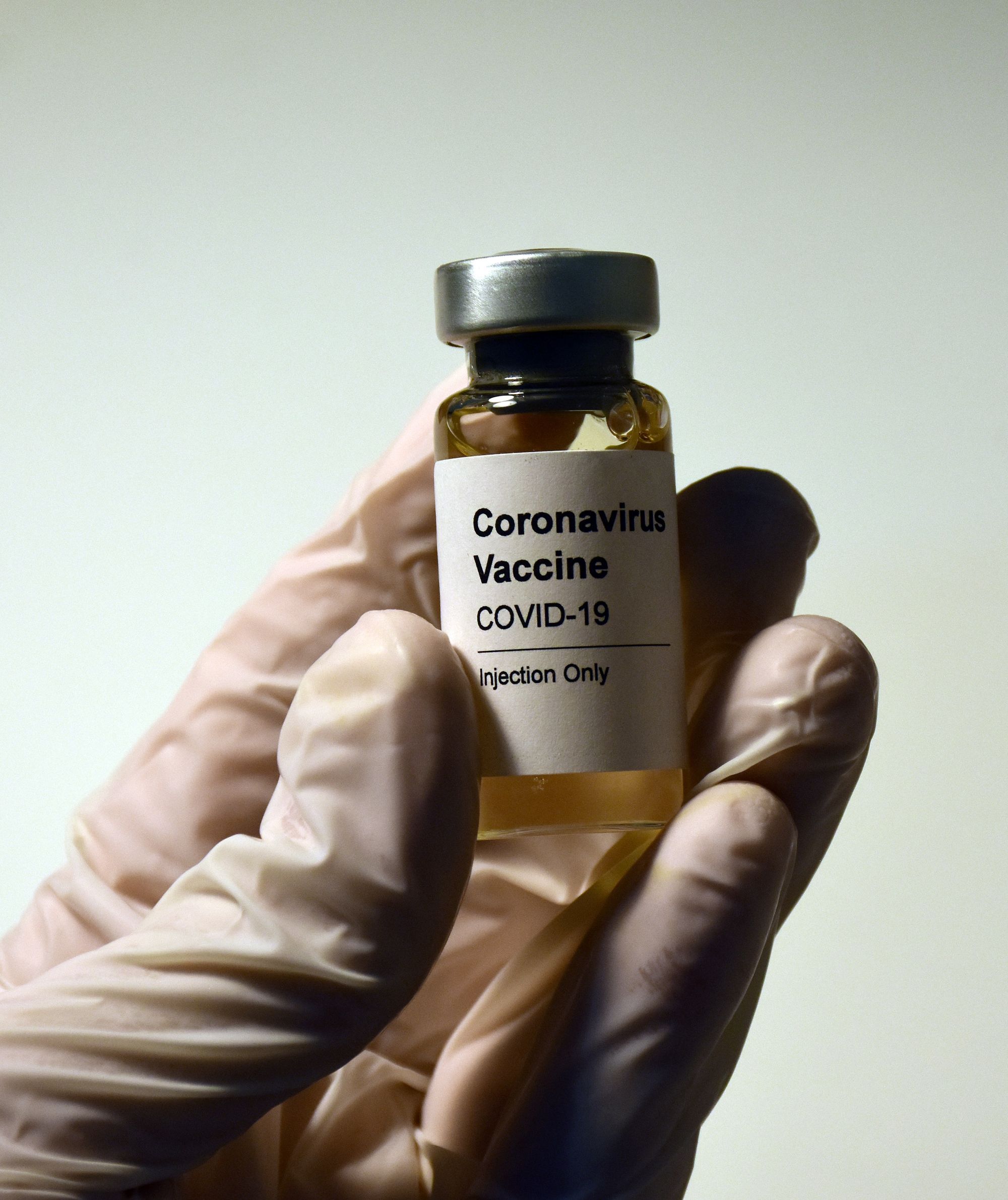Although most state governments in the United States (‘US’) have some form of legal framework in place to require vaccination under certain circumstances, no mandatory, universal vaccination program for Covid-19 has been initiated or planned. Many states have general provisions in their emergency management statutes that could be interpreted as delegating authority to executive-branch officials during a declared emergency to order compulsory vaccination, which could be enforced through monetary fines, quarantine requirements, or other restrictions on activity. No officials have indicated a desire to pursue this course of action. Indeed, governors in several states have used their emergency management authority to issue orders prohibiting or limiting vaccination requirements.
All states have pre-pandemic laws governing vaccination requirements for school and university attendance. All of these requirements allow for medical exemptions, and most also recognized religious or ‘personal belief’ exemptions. Many states have laws requiring hospitals to track vaccination status of their employees for seasonal influenza, Hepatitis B, and other vaccine-preventable illnesses. In some states, health care workers who decline may be subject to additional Personal Protective Equipment ('PPE') requirements or reassignment. The process for adding Covid-19 to the list of required or tracked vaccinations varies from state to state. In Rhode Island, for example, the state health department used emergency rulemaking to require health care facilities and nursing services agencies to track the Covid-19 vaccination status of their workers and publicly post aggregated vaccination rates within the facility and on the facility’s website.
Although no general mandatory vaccination requirement for Covid-19 is envisioned by the federal or state governments, some employers and universities (including government employers and public universities) and private businesses have imposed vaccination requirements for employees, students, or customers (or have indicated their intention to do so). A mandate issued by a local government in New Mexico requiring employees designated as ‘first responders’ to be vaccinated for Covid-19 is currently being challenged in court, as is a mandate imposed by the Los Angeles School District in California for teachers and other school workers.
So far, only one state, New York, has developed a government-sponsored system for verifying vaccination status. The “Excelsior Pass” app-based program uses QR codes to verify the vaccination status of New York residents who opt in. Although the state has not yet indicated that it will require vaccination for any government-run facilities or activities, the Excelsior Pass program is facilitating vaccination requirements imposed by privately-run venues, such as Madison Square Garden, which hosts sports events and concerts. In most cases, proof of vaccination may be provided as an alternative to proof of a negative test result, rather than as a firm requirement. The governor of Hawaii has issued an order exempting vaccinated travellers from quarantine and testing requirements when they travel between islands if they have been vaccinated within the state. There are plans to extend the program to US travellers from other states and to international travellers over time. The governor has indicated that the state may eventually partner with private companies to implement an app-based verification program. For now, however, Hawaii is relying on the paper US Centers for Disease Control vaccination records that are provided at most US vaccination sites. Governors in several states have stated that they will not support verification of vaccination through government-sponsored programs.
A growing number of states have new laws limiting vaccination requirements for Covid-19. In several states, including Texas, Florida, Arizona, Montana, and Idaho, governors have issued executive orders prohibiting state and local agencies from issuing Covid-19 vaccination verification certificates, and (in some cases) have prohibited local governments and even private businesses from requiring vaccination as a condition of entry into a facility or participation in an activity. In other states, including Utah, Arkansas, and Montana, the legislature has imposed limits on Covid-19 vaccination requirements or mandated that exemptions be offered.
In addition, statutes and constitutional provisions that pre-date the Covid-19 pandemic may constrain vaccination mandates for Covid-19. Labour, employment, and antidiscrimination laws in some states would create procedural hurdles for employers’ mandates. In several states, religious freedom and disability discrimination statutes would arguably require religious and medical accommodations to be offered. For example, New Jersey has issued guidance indicating that employers may mandate Covid-19 vaccination for their employees but must offer accommodations for anyone whose medical condition or sincerely held religious belief, practice, or observance that precludes them from getting vaccinated. Medical exemptions to Covid-19 vaccination requirements would probably be required by the US Constitution, though this issue has not yet been litigated. It is also possible that the new majority of the US Supreme Court could rule that religious exemptions are constitutionally required, a position that lower courts have rejected in pre-pandemic cases. Finally, some have argued that an informed consent provision in the federal statute governing the emergency authorization of vaccines by the Food and Drug Administration (‘FDA’) should be interpreted to prohibit compulsory administration of vaccines that do not yet have full FDA approval. This issue is being litigated in challenges to government employer requirements in New Mexico and California. Commentators have opined that the plaintiffs challenging these requirements are unlikely to prevail.
TWEET
